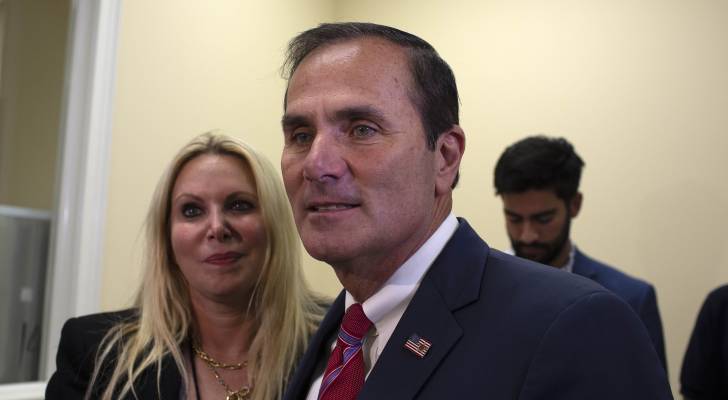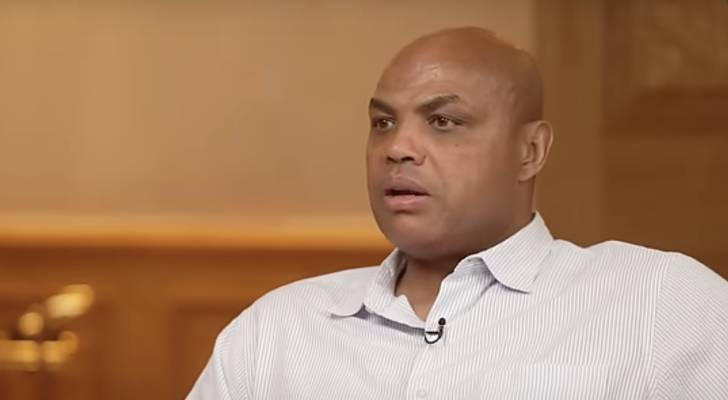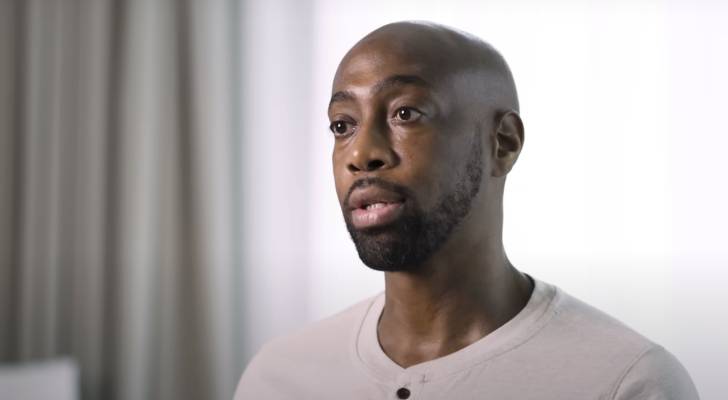This unemployed Texas man pays $1,200/month for his $56,000 car, has $94,000 in total debt — he blames it on a weird ‘dynamic’ with mother-in-law. Dave Ramsey doesn’t buy it
We adhere to strict standards of editorial integrity to help you make decisions with confidence. Some or all links contained within this article are paid links. American households carry $1.66 trillion in auto loan balances collectively, according to the Federal Reserve. While there may be many different excuses that justify taking on massive auto debt, […]
A record number of Americans now have $1,000,000 saved in their 401(k)s — but it’s probably fewer than you think


We adhere to strict standards of editorial integrity to help you make decisions with confidence. Some or all links contained within this article are paid links. A 401(k), an employer-sponsored retirement plan with tax benefits, is one of the most popular ways Americans save for their golden years. Collectively, they hold almost $9 trillion in […]
‘It’s sad’: Florida’s condo fee crisis could trigger the ‘next wave of homeless people’ in the state, says one representative — with seniors on fixed incomes at highest risk


We adhere to strict standards of editorial integrity to help you make decisions with confidence. Some or all links contained within this article are paid links. A new building safety law that was passed in the wake of the Surfside tragedy in Florida has resulted in a tremendous amount of financial pressure on condo owners. […]
Here are 5 simple signs that someone is secretly broke in America — do they apply to the people around you?


We adhere to strict standards of editorial integrity to help you make decisions with confidence. Some or all links contained within this article are paid links. It’s natural to be curious about how well off — or not — our friends, neighbors and peers are. And for better or worse, social media makes it easy […]
Charles Barkley says he was an ‘idiot’ when he first got rich, owned 3 or 4 luxury cars — then Dr. J gave him a reality check. Here’s how America’s car obsession is driving us broke


We adhere to strict standards of editorial integrity to help you make decisions with confidence. Some or all links contained within this article are paid links. Former NBA star Charles Barkley shared in a recent interview with Shannon Sharpe on the Club Shay Shay podcast that it took a reality check from his mentor, Dr. […]
Bill and Melinda Gates gave their kids a strict ‘middle-class’ upbringing, refused to just ‘buy them things’ with their billions — here’s how to set your kids up for success


We adhere to strict standards of editorial integrity to help you make decisions with confidence. Some or all links contained within this article are paid links. Raising self-reliant children can be challenging, especially for wealthy families. Kids who grow up in households with vast resources may struggle to see the value of personal achievement. "I […]
Here are 5 big things that disappear after you retire in America — are you prepared to lose them all?


We adhere to strict standards of editorial integrity to help you make decisions with confidence. Some or all links contained within this article are paid links. Retirement is supposed to be the reward after decades of hard work. Morning alarms, office politics and exhausting commutes … gone. The idea of finally having full control of […]
This former minimum-wage worker retired at 39 with a $3.5M nest egg — now he’s an American expat living on $185K/year in Dubai. Here’s how he achieved freedom so early (and how you can too)


We adhere to strict standards of editorial integrity to help you make decisions with confidence. Some or all links contained within this article are paid links. Jamal Robinson didn’t come from money. He started at the bottom, working as a church janitor at 14 before landing a minimum-wage job at Taco Bell, working long shifts […]
Jalen Hurts lives in a $2,000/month rental apartment in New Jersey despite $255 million contract — here’s why and what you can learn from the Super Bowl MVP


We adhere to strict standards of editorial integrity to help you make decisions with confidence. Some or all links contained within this article are paid links. Although he hit the jackpot with a massive $255 million contract in 2023, Philadelphia Eagles quarterback Jalen Hurts still lives like a humble college student. He rents an apartment […]
Here are 5 things that will likely get more expensive in 2025 no matter what Trump does in the White House


We adhere to strict standards of editorial integrity to help you make decisions with confidence. Some or all links contained within this article are paid links. Since being sworn into office, President Trump has implemented significant changes and imposed tariffs on goods imported into the U.S. from other countries. Trump has made tariffs a central […]